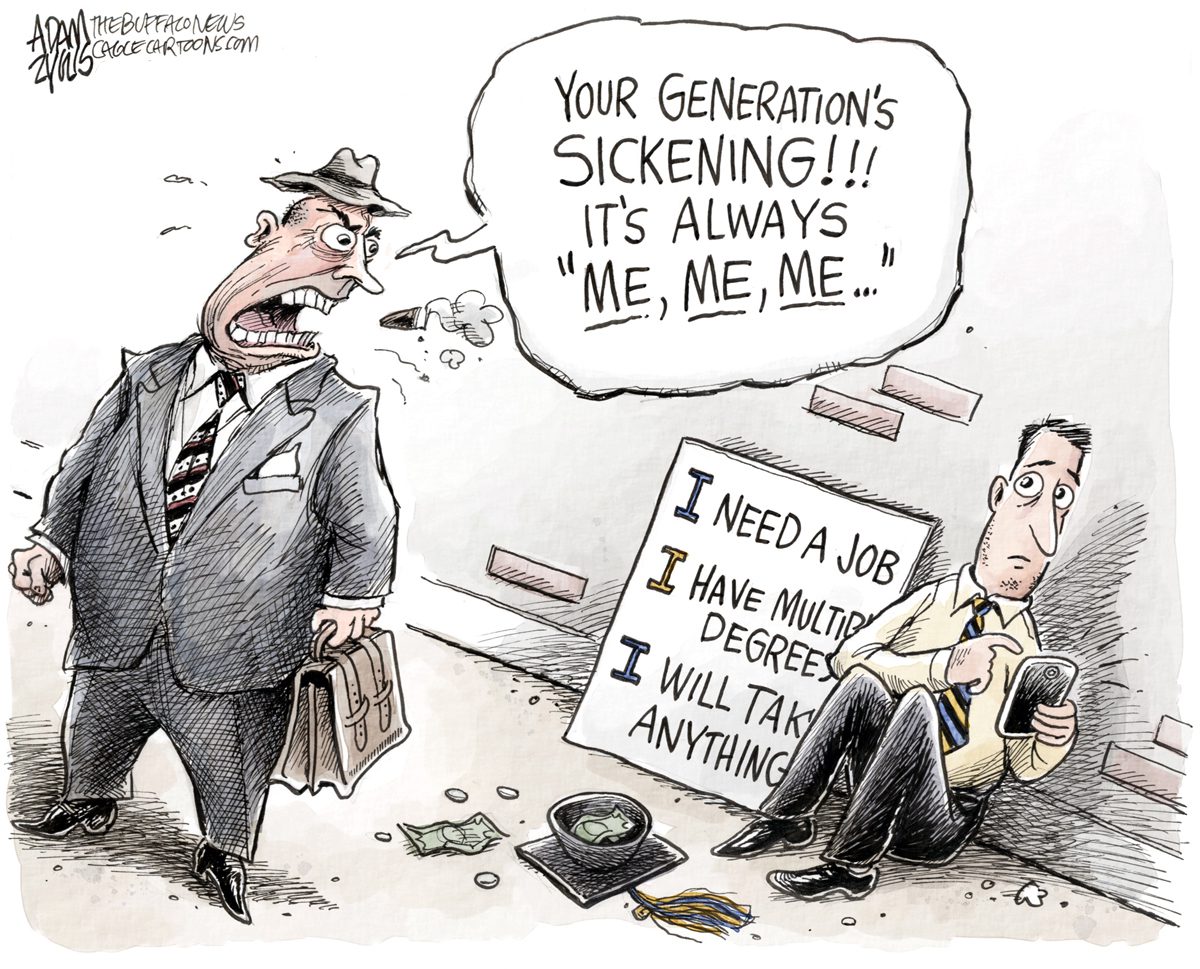BY DAVID PERRYMAN
 My great grandparents were looking for better conditions … all of them.
My great grandparents were looking for better conditions … all of them.
Each one’s story was a little different. They had come from places like New York City and Chicago; Indiana and Missouri; Arkansas and Iowa. While those were their birthplaces, few of their parents had been there long. All but a few of my ancestors were moving, looking for new land, new places and new opportunities.
My great grandparents and their parents before them were like most of yours and were migrating away from poor living conditions and hardships, looking for a place to give their children a better future. People don’t move from places where they are comfortable. People don’t “pull up stakes” and say goodbye to parents and grandparents if their “stakes” are fancy.
But the hardships of that era and the decades afterwards did not dissipate just because they had moved to a new location. According to James C. Milligan’s History of the Oklahoma Farmers Union, an Oklahoma farmer’s income at the turn of the last century was around $250 and Milligan reported that government officials estimated that a bare subsistence level of living was around $600 for a family of four. The massive economic power of great railroads and large financial entities made it impossible for farmers to better themselves.
Merchants charged substantially higher prices for goods bought on credit and heavy interest rates resulting in credit that often added as much as 50% to the purchase price of the goods. Poverty was epidemic. A significant segment of the state’s population was destitute. They organized the Grange, engaged in economic planning to survive and in 1890 formed the People’s party [commonly known as “Populists” and eventually succeeded by the Socialist Party], garnering nearly one in five state voters. In some rural areas, the membership was upwards of 50% of the population.
Organizing produced positive results and many Oklahomans found themselves able to remain in Oklahoma to pursue agriculture as a way of life. While there was a recurrence of interest in a socialist organization in 1928 and into the Great Depression, it seemed that in good times, there was little interest in that political party.
Last week, according to Rich Lowery, a national opinion writer, “It’s begun. We are having a debate over socialism.”
What Lowery did not recognize is that today, young people are striving for stability in their futures and finding less opportunity than a generation ago. Frustratingly, those of us who are less affected by current economic conditions have a tough time understanding the situation.
A case in point was another national editorial last week. This one by Cal Thomas ridiculed “Millennials” as seduced by socialism and unaware that freedom didn’t just “drop from the sky.”
Thomas threw around terms like “shared wealth” and “free stuff” and “pampered” and “spoiled rotten.” He went so far as to say they “have likely not had to sacrifice much for their country.”
I am not a socialist and am not promoting socialism, but to stick our heads in the ground, call names, breed hatred and contempt, and outright ignore conditions that are weighing heavily on the minds of more than one-third of the country’s population is pure foolishness.
It is with great confidence that I would venture to assert that in the 1890s, there weren’t many Oklahoma farmers who set out to be socialists, but instead reached the conclusions they did because of an overwhelming economic and social struggle for survival.
Likewise, I cannot imagine Oklahomans who were faced with the credit crisis and poverty conditions and droughts of the Great Depression had any real adoration for the teachings of Karl Marx.
Instead, it seems much more logical that a large segment of our society is facing dire straits to make sense of life and the job market.
Just like miners carried a canary into the coal mine as an early warning system to detect carbon monoxide, there are gauges to indicate the availability of economic and social opportunities in our nation. Early symptoms are poverty and mental health problems, high incarceration rates, mountainous college debt and a lack of access to health care.
When those issues affect an ever-growing number of Americans, it is past time to take notice and do something about it.
Our country has been at this crossroads before. This is not our first rodeo. Most of us would like for the opportunities that were available to us to be available for Americans of all races, young and old.
It seems that making that happen would be the logical way to suppress socialism and preserve our country.
–Chickasha’s David Perryman serves District 56 in the Oklahoma Houseand is House Democratic Floor Leader








